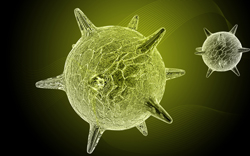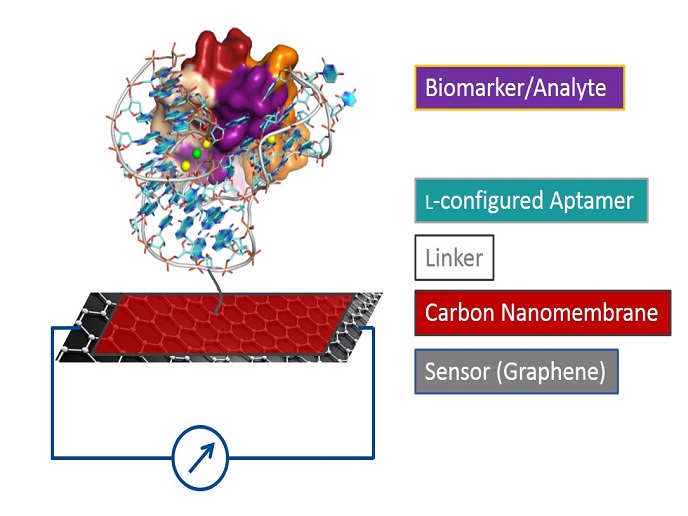Can HSV infection lead to the acquisition of HIV-1?
Herpes simplex viruses (HSV) -1 and -2 are the leading cause of genital ulcers. Clinical and epidemiological studies show that following an HSV-2 infection there is a 3-fold increased risk of HIV acquisition and transmission. However, little is known about the interaction of HSV-2 with host immune cells and how that may influence HIV infection. This was the main objective of the EU-funded project ‘The role of natural killer T cells in the early stages of the herpes simplex virus infection in skin’ (NKT IN Herpes). In particular, project partners examined how the local skin microenvironment influences anti-viral immune responses following infection with HSV. Using three-dimensional (3D) skin cultures, they determined the localisation and nature of interaction of human natural killer T (NKT) cells with other immune cells at the sites of HSV lesions. NKT cells are a heterogeneous group of T lymphocytes that share properties of both T and NK cells and mediate immune responses against infections. Results showed that NKT cells are activated through glycolipids that form complexes with the cell membrane protein CD1d. When skin cells were infected with HSV, NKT cells failed to become activated. This inhibition was mediated through contact of HSV-infected skin cells and NKT cells and resulted in the further inactivation of NKT cells. Additionally, infected cells were found to up-regulate the expression of the negative regulator of T cells galactin-9, further dampening immune responses. Collectively, the NKT IN Herpes project unravelled a novel immune evasion strategy utilised by HSV to inhibit NKT cell activation. Since NKT cells represent important mediators of early immune responses, such an evasion strategy is expected to affect other immune cells. A delayed immune response will lead to further viral spread and additional opportunistic infections. This inhibitory effect of HSV infection on host immunity should be taken into account when designing vaccines.







